By Chukwuma Umeorah
The Senior Staff Association of Electricity and Allied Companies (SSAEAC) has accused the Nigerian Electricity Regulatory Commission (NERC) of financial overreach, warning that excessive capital withdrawals under the guise of CAPEX regulations are crippling electricity firms and threatening the sustainability of the sector.
Speaking during the union’s 6th Triennial National Delegates’ Conference recently in Lagos, President General of SSAEAC, Engr. Chika Benedict, said that electricity companies are being starved of essential operational funds while NERC officials continue to enjoy disproportionate earnings.
“The problem we are having is with the NERC, the regulators,” Benedict said, “The regulators have, over time, withdrawn so much money from these companies in the name of CAPEX. And these companies are left with barely nothing to run.”
He warned that if the situation is not addressed urgently, the consequences would be dire. “These regulators are strangulating these companies. They are strangulating these companies and we are going to come up with a more official communique soon. But we are warning them to retrace their step. Because the consequences of what they are doing will befall this nation soon.”
The union leader also acknowledged the pain of rising electricity tariffs on consumers, but insisted that without sufficient revenue recovery, the power sector cannot function efficiently.
“We’re feeling the brunt. But if we have to continue in business, the cost of production must be recouped,” he said.
Beyond regulatory issues, Benedict identified funding constraints as the union’s greatest internal challenge, even as it prepares for a leadership transition.
“Finances have been our bane. But we are working towards trying to make sure that we solve this teething problem,” he stated.
He urged the incoming executives to focus on building investment and institutional resilience. “We are going to take the union to the next level of investments to make sure that the association does not die,” he said.
“What I will tell the next executive is for us to work together and see that this association moves forward.”
The union also raised concerns over broader national policy developments in the electricity sector, particularly the lack of communication and clarity around unbundling exercises and the creation of new agencies.
While SSAEAC expressed cautious optimism about the government’s intentions, it called for transparency in implementation.
“We in the union do not like the situation where things are not properly explained to us. But seeing that this present government means well, we want them to operate this thing again in more open and transparent ways.”
Welfare
On welfare issues affecting workers, the SSAEAC President confirmed that the union faces similar struggles as other labour groups, including unpaid pensions, delayed promotions, and the absence of wage adjustments.
“These issues spread across unions, but the main thing is, how is it being solved? These are problems that we have seen.”
He emphasized the need for continued engagement with government to resolve lingering issues. “I encourage that the government dialogue with us to see how these problems can be resolved. But I have confidence that it will be resolved.”
Also speaking at the conference, President General of the Trade Union Congress (TUC),Festus Osifo, commended SSAEAC for upholding democratic processes and staying committed to constitutional governance.
“We are especially proud of your Union for sustaining our democratic culture… you have once again demonstrated your unwavering commitment to transparency, accountability, and constitutional governance.”
Osifo who was represented by the Secretary – General, Trade Union Congress (TUC), Nuhu Toro, also highlighted the broader struggles facing Nigerian workers.
“While the N70,000 minimum wage offers hope on the surface, paradoxically, its real value has already been decimated by runaway inflation. Nigerian workers are being pushed to the brink.”
Osifo reaffirmed TUC’s support for SSAEAC, pledging continued collaboration in the interest of Nigerian workers. “Congress remains fully committed to the struggle for decent work, equitable economic policies, and a country that truly rewards productivity and integrity.”



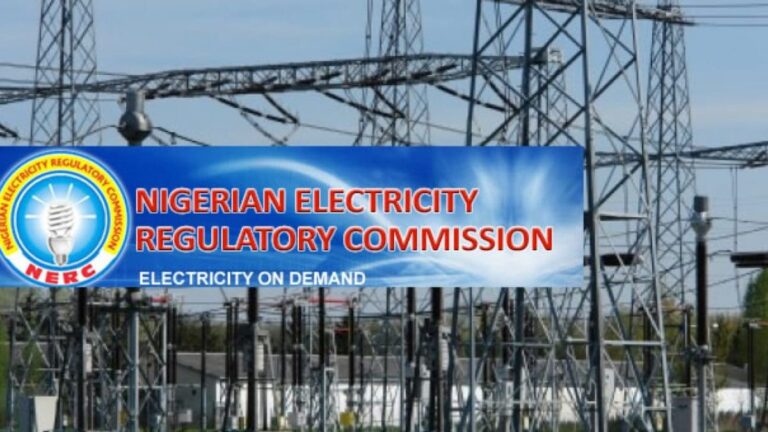
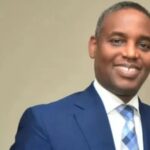
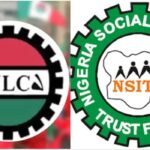
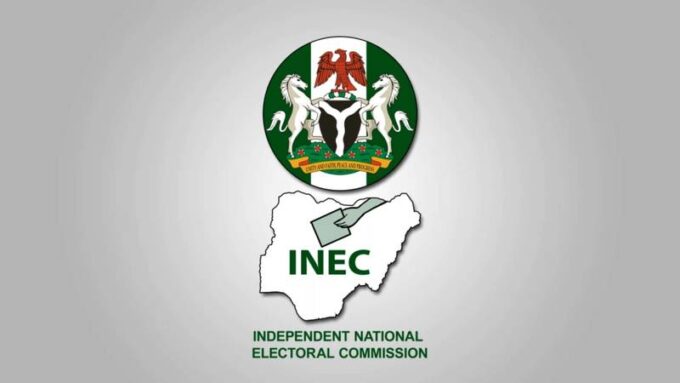



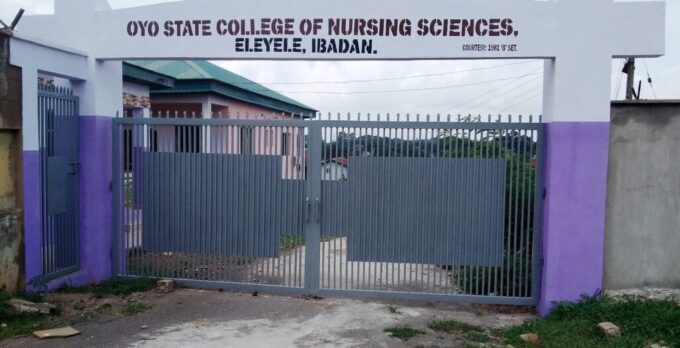
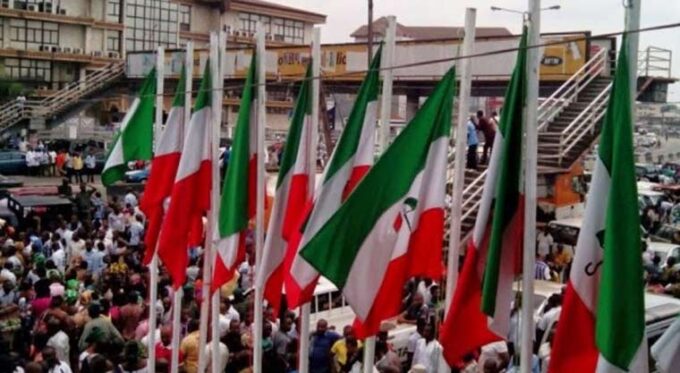





Leave a comment